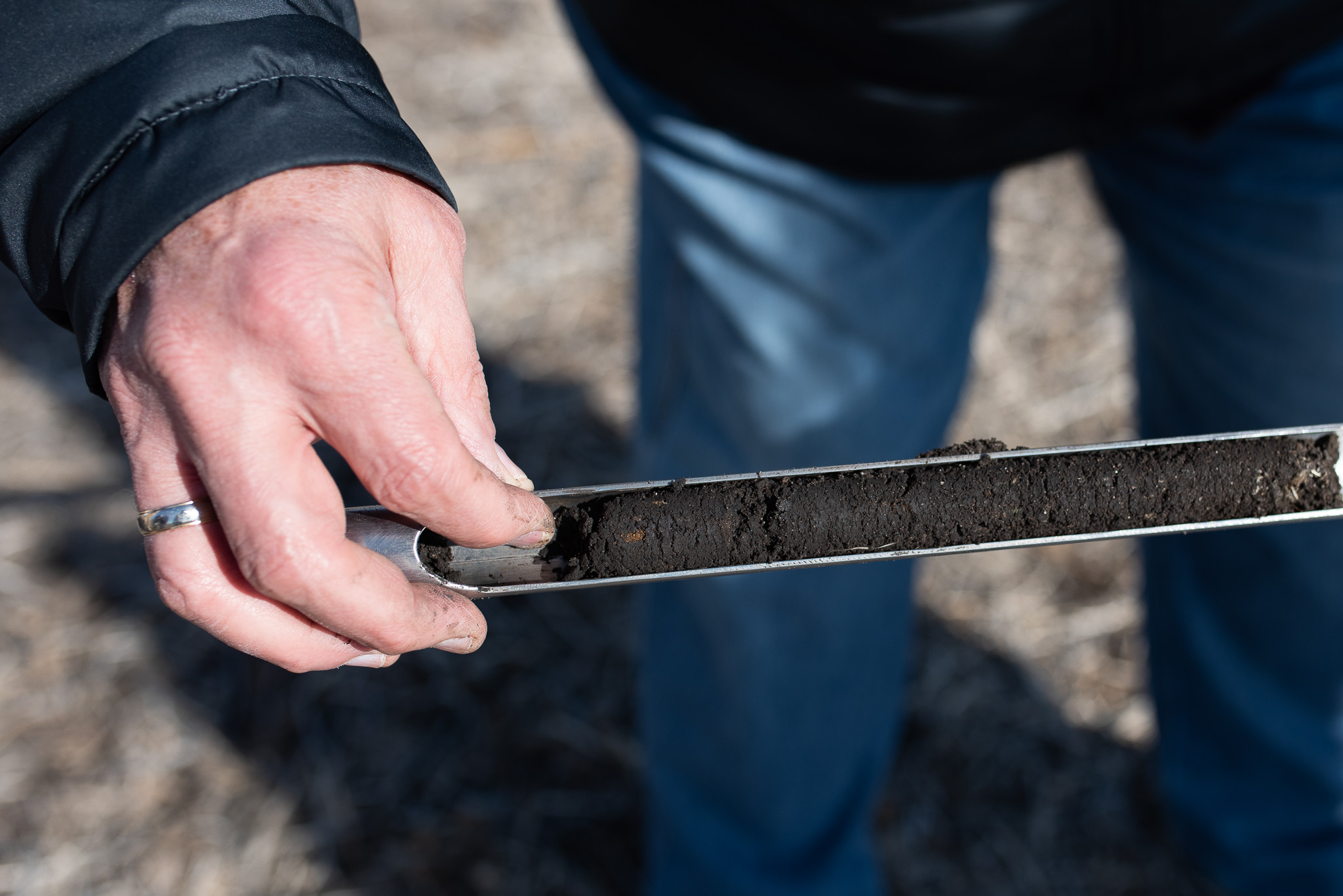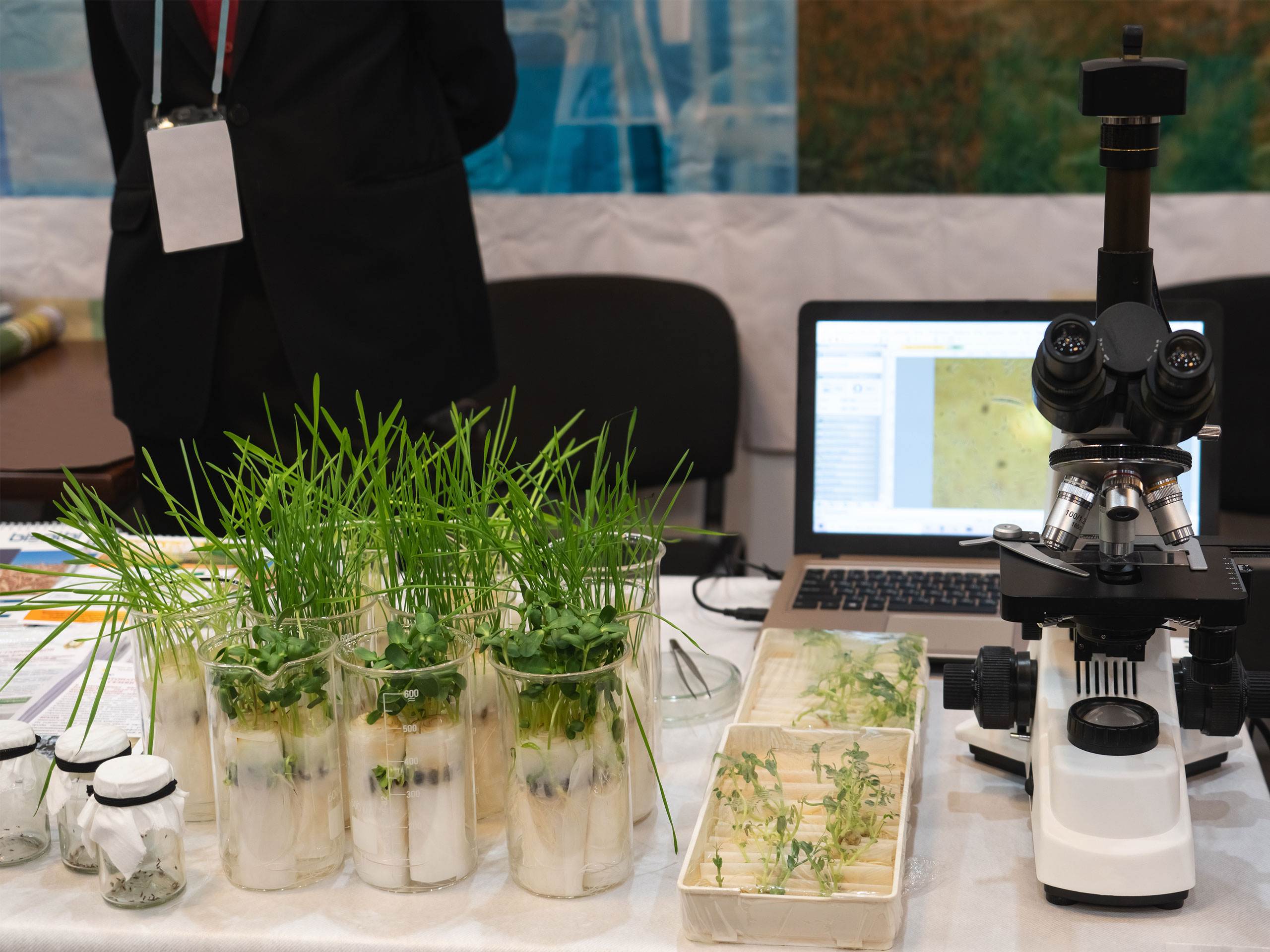
Note: This is the first in a four-part series featuring the new video collection. Additional quotes to personalize your story are available here.
Waukesha, Wis. (October 6, 2020) – The SCN Coalition wants U.S. soybean growers to understand the risks associated with higher population densities of soybean cyst nematode (SCN) during hot and dry growing seasons, like many faced during 2020.
“Weather can have a tremendous impact on soybean cyst nematode reproduction,” states Iowa State University Nematologist Greg Tylka. In a new video series titled “Let’s Talk Todes,” Tylka and North Dakota State University Plant Pathologist Sam Markell discuss how weather impacts SCN reproduction.
“We have data verifying that SCN is worse in hot, dry years,” says Tylka. “It’s not just because plants are stressed from drought, but also because the nematode is reproducing much quicker, raising population densities.”
Unfortunately, the life cycle of soybean cyst nematode speeds up during drought-like conditions. “We don’t know the mechanism of it, but reproduction happens much more quickly, creating more generations in a single growing season that ultimately leads to higher egg counts during fall soil sampling,” adds Tylka. “In areas impacted by drought with a traditional corn-soybean rotation, I would expect that in 2022, many of the fields that grew soybeans this year would have increased levels of SCN and increased yield loss.”
Take the test
Coalition experts encourage soybean growers to test soil for SCN so they know their number and can start an active management strategy. State-specific advice is available by visiting TheSCNCoalition.com. Click on “Recommendations” and select your state in the “Coalition Experts” section.
About The SCN Coalition
The SCN Coalition is a public/checkoff/private partnership formed to increase the number of farmers who are actively managing SCN. Our goal is to increase soybean farmers’ profit potential and realize higher yields. Partners in The SCN Coalition include university scientists from 28 states and Ontario, grower checkoff organizations including the North Central Soybean Research Program, United Soybean Board and several state soybean promotion boards, and corporate partners including BASF, Bayer, Growmark, Nufarm, Pioneer (Corteva), Syngenta, Valent and Winfield United.



